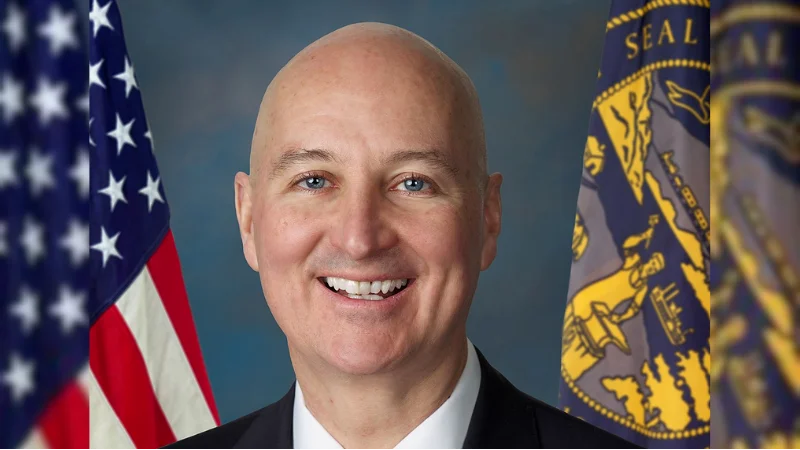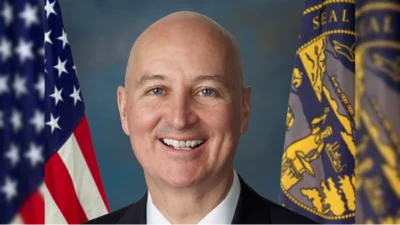Senator Pete Ricketts, US Senator for Nebraska | Sen. Pete Ricketts Official U.S. Senate headshot
Senator Pete Ricketts, US Senator for Nebraska | Sen. Pete Ricketts Official U.S. Senate headshot
Senator Pete Ricketts, a U.S. Senator representing Nebraska, used his Twitter account this week to comment on recent Senate actions regarding federal spending and support for the agricultural sector.
On July 18, 2025, Ricketts highlighted the Senate's passage of a rescissions package, stating: "This week, the Senate passed a rescissions package to re-focus our federal spending on things that matter to Americans--not foreign nationals. $2.5 million in tax dollars should never have been spent teaching children how to make 'environmentally friendly reproductive health'".
The following day, July 19, he discussed meeting with representatives from the Nebraska Soybean Association and emphasized his commitment to supporting biofuels and local farmers. He wrote: "I welcomed members of the Nebraska Soybean Association to discuss the importance of fighting for biofuels. The @EPA’s recently proposed Renewable Fuel Standards rule for 2026 and 2027 strengthens Nebraska’s soybean industry. I will continue to support our soybean farmers and".
On July 20, Ricketts returned to the topic of federal spending priorities by referencing past government funding for media organizations in Palestinian territories: "In the past, the federal government spent $6 million of American taxpayers’ money supporting media organizations for Palestinians. This is not a priority for the American people. This rescissions package passed by the Senate ends funding for this program That is common-sense."
Rescission packages are legislative tools that allow Congress to cancel previously allocated funds that have not yet been spent. Such measures are sometimes used as part of broader efforts to reduce or redirect federal expenditures toward domestic priorities.
The Environmental Protection Agency (EPA), mentioned by Ricketts in relation to renewable fuel standards, periodically sets annual targets for renewable fuel blending under national policy frameworks aimed at reducing greenhouse gas emissions and supporting agricultural producers through demand for biofuels.


 Alerts Sign-up
Alerts Sign-up